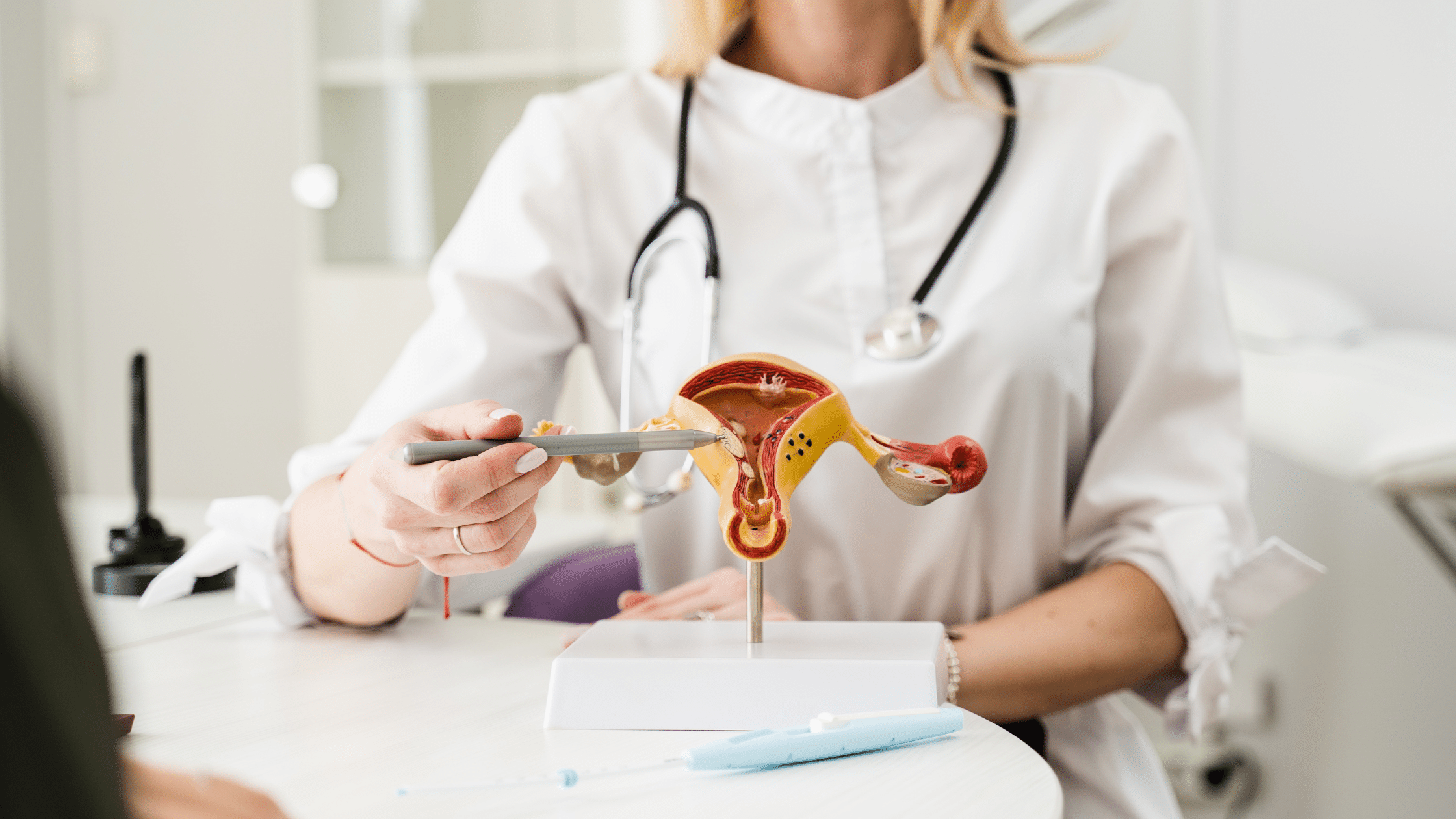Endometriosis is a chronic condition that affects an estimated 1 in 10 women of reproductive…

How To Recognize the Early Symptoms of Endometriosis
Endometriosis is a chronic condition that affects millions of women worldwide. This condition occurs when the tissue lining the uterus, known as the endometrium, starts growing outside the uterus. This abnormal growth can occur in various areas of the body, such as the ovaries, fallopian tubes, and even the bladder or intestines.
In this article, the Endometriosis Treatment Center of America will discuss the early signs and symptoms of Endometriosis and why identifying the warning signs is crucial.
The Importance of Early Detection
Early detection of endometriosis is crucial for a number of reasons. Firstly, it allows for timely intervention and management of symptoms, which can greatly improve a woman’s quality of life. Additionally, early diagnosis can help prevent the condition from progressing and causing further complications. Lastly, early detection and treatment may increase the chances of preserving fertility for women who wish to have children in the future.
Unfortunately, endometriosis is often misdiagnosed or overlooked, as many of its symptoms are similar to other gynecological conditions. This is why it is important for women to be aware of the early warning signs and seek medical attention if they suspect they may have endometriosis.
Common Early Symptoms of Endometriosis: What To Look Out For
Recognizing the symptoms of endometriosis is crucial in order to seek timely medical attention. While the severity and presentation of symptoms can vary, there are several common signs to look out for. These include:
- Pelvic pain: This is the most common symptom of endometriosis. The pain can range from mild to severe and may occur before, during, or after menstruation. It may also be present during sexual intercourse or bowel movements.
- Painful periods: Women with endometriosis often experience intense menstrual cramps that are significantly more painful than normal. The pain may radiate to the lower back or thighs and can interfere with daily activities.
- Heavy or irregular bleeding: Endometriosis can cause heavy or prolonged menstrual bleeding. Some women may also experience spotting or bleeding between periods.
- Painful urination or bowel movements: Endometriosis can affect the bladder and intestines, causing pain and discomfort during urination or bowel movements.
- Infertility: Endometriosis is a common cause of infertility in women. If you have been trying to conceive without success, it is important to consider endometriosis as a possible underlying cause.
If you are experiencing any of these symptoms, it is important to consult with a healthcare professional for a proper diagnosis.
Potential Causes of Endometriosis
The exact cause of endometriosis is still unknown, but there are several factors that are believed to contribute to its development. These include:
Retrograde Menstruation
One theory suggests that during menstruation, some of the menstrual blood flows backward through the fallopian tubes and implants itself in other areas, leading to the development of endometriosis.
Hormonal Imbalance
Endometriosis is an estrogen-dependent condition, which means that it is influenced by hormonal fluctuations. High levels of estrogen in the body may contribute to the growth of endometrial tissue outside the uterus.
Genetics
There may be a genetic component to endometriosis, as it tends to run in families. If you have a close relative, such as a mother or sister, with endometriosis, you may be at a higher risk of developing the condition.
Immune System Dysfunction
Some researchers believe that endometriosis may be caused by a problem with the immune system, which allows the endometrial tissue to grow outside the uterus unchecked.
It is important to note that while these factors may increase the risk of developing endometriosis, they do not guarantee the development of the condition. Endometriosis can still occur in the absence of these risk factors.
How Endometriosis is Diagnosed
Diagnosing endometriosis can be challenging, as the only definitive way to confirm the condition is through surgery. However, there are several tests and procedures that can help healthcare professionals determine the likelihood of endometriosis and rule out other conditions.
- Medical history and physical examination: Your healthcare provider will ask about your symptoms and medical history, including any family history of endometriosis. They will also perform a pelvic examination to check for any abnormalities.
- Imaging tests: Ultrasound may be used to create images of your pelvic organs and detect any cysts or other abnormalities. However, it is important to note that ultrasound cannot definitively diagnose endometriosis.
- Laparoscopy: This minimally invasive surgical procedure allows healthcare professionals to visualize the pelvic organs and take biopsies of any suspected endometrial tissue. Laparoscopy is considered the gold standard for diagnosing endometriosis.
It is important to consult with a healthcare professional if you suspect you may have endometriosis. They will be able to guide you through the diagnostic process and develop an appropriate treatment plan.
Raising Awareness About Endometriosis and Seeking Timely Medical Attention
Early detection of endometriosis is crucial for effective management and to prevent further complications. By recognizing the early warning signs and seeking timely medical attention, women can improve their quality of life and increase their chances of preserving fertility.
Raising awareness about endometriosis is essential to ensure that women receive the necessary support and resources. If you suspect you may have endometriosis, it is important to consult with a healthcare professional who specializes in the condition. The Endometriosis Treatment Center of America offers expert treatment and support for women with endometriosis. Don’t let endometriosis go unnoticed – take control of your health and seek the care you deserve.
Expert Treatment at Endometriosis Treatment Center of America
ETCOA prides itself on having a diverse team of skilled professionals who are committed to providing you with the most comprehensive Endometriosis treatment possible. Our goal is to ensure that you receive top-notch care tailored specifically to your needs. For more information or to conveniently schedule an appointment, please don’t hesitate to call us at (248) 397-9129 or fill out our user-friendly online contact form.


